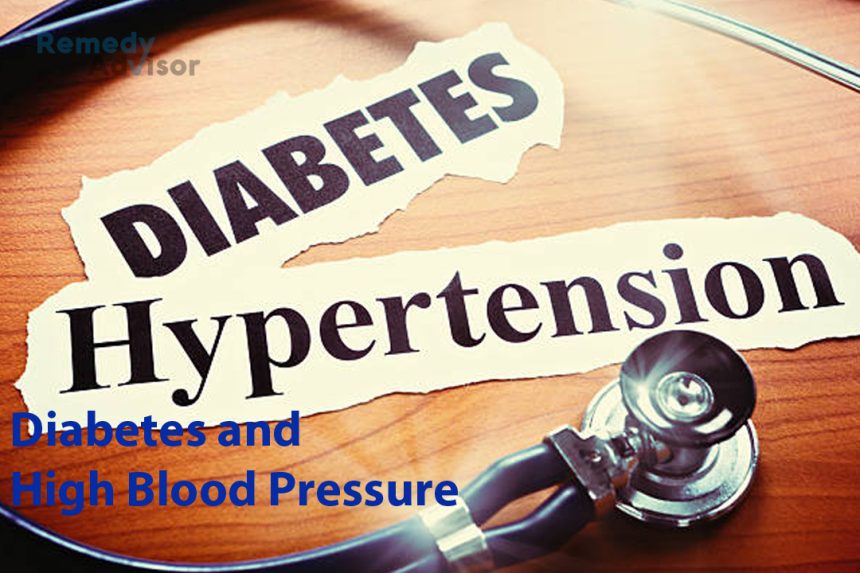The combination of high blood pressure and diabetes is an especially volatile situation. According to the Third National Health and Nutrition Survey, 71 percent of all people with diabetes in the United States have high blood pressure, yet 29 percent of them don’t even know it. Another 43 percent are not being treated for hypertension. What do blood sugar levels have to do with blood pressure? Plenty. For one, hypertension is an important risk factor for the development and the progression of diabetes, including complications associated with the metabolic disease. Among the many complications of diabetes are conditions also associated with high blood pressure, such as vision problems, heart disease, and kidney disease.
Another factor is that most people with diabetes develop hypertension at some point during their life. Why? Because diabetes is associated with high levels of sugar in the blood, which damages the blood vessels and increases the risk of developing hypertension and other cardiovascular problems? Because of this increased risk, anyone who has diabetes should attempt to achieve a blood pressure of less than 130/80 mmHg, as compared with 140/80 mmHg for people with the disease, since having diabetes is an additional stress on the body.
That stress can be significant. For example, research shows that people with diabetes are five times more likely to experience a stroke. After an initial stroke, they are two to four times more likely to have a second stroke.
Study after study has shown that the combination of diabetes and hypertension places individuals at great risk of cardiovascular events such as stroke or heart attack. For example, a University of Oklahoma study (Hypertension, 2006) evaluated people who participated in the Strong Heart Study. Over a twelve-year period, they followed more than twenty-six hundred adults and found that those with diabetes and prehypertension had nearly four times the risk of experiencing a cardiovascular event as did non-diabetic individuals who had normal blood pressure.”
The good news is that if you follow the suggestions outlined in this book you can not only lower your blood pressure but also reduce your risk of diabetes or, if you have diabetes, improve your ability to manage the disease. That’s because the recommended ways to manage diabetes include attention to diet, regular exercise, achieving and maintaining a healthy weight, stress management, and other lifestyle modifications. If you follow these suggestions, you may even “cure” your diabetes and your high blood pressure.
One other thing that closely links hypertension with diabetes is the balance of calcium, magnesium, and potassium in the body. As you will learn in chapters 3 and 6, these minerals play a critical role in high blood pressure. It also happens that these minerals, but especially magnesium, have an important role in diabetes as well. Research has shown that people who have more magnesium in their diet are less likely to develop diabetes and hypertension.
Scientists then took the relationship even one step further. They also found that low magnesium is associated with metabolic syndrome, a condition that includes hypertension, overweight, insulin resistance (an inability to properly utilize insulin), high triglyceride levels, and lower than optimal levels of high-density lipoprotein (HDL) cholesterol. People with metabolic syndrome frequently go on to develop type 2 diabetes. Magnesium has been shown to lower triglyceride levels and to boost HDL. As I mentioned earlier in this chapter, the interrelationship between hypertension and other health conditions, such as diabetes, is pervasive.
If you have high blood pressure and either pre-diabetes (a condition in which your blood sugar levels are not quite at the level recognized as diabetes) or diabetes, be sure to take action to combat both of these life-altering conditions. The chapters that follow provide a good launching point for that effort, and you are urged to consult a knowledgeable health-care provider to help you with your efforts.







